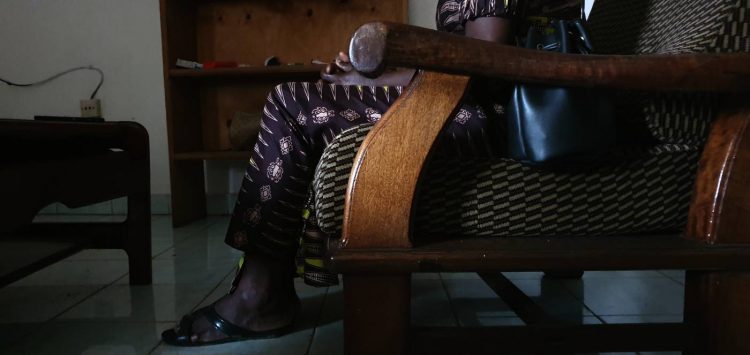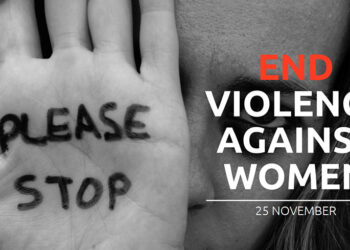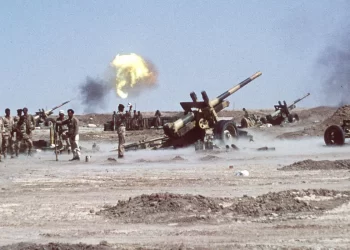The World Health Organization (WHO) had been informed by workers of ongoing sexual abuse in Congo but decided to keep the matter to itself, internal emails show.
The emails, viewed by the Associated Press, show that at least oneWHO staffer and three Ebola experts working in Congo during the outbreak had separately reported sex abuse concerns around about a number of doctors but they were told not to take the matter further.
WHO emergencies director Dr. Michael Ryan once told the media asking about the matter that, “We have no more information than you have.” However, AP has now found that senior WHO management was not only informed of alleged sexual misconduct in 2019 but was asked how to handle it., all while publicly denying the issue.
The investigation even revealed the names of two doctors, Boubacar Diallo and Jean-Paul Ngandu, who offered research jobs to women with high payments in exchange for sexual relations.
Ngandu is even accused by a young woman of impregnating her and then signing a notarized agreement, which a manager also signed as witness, to pay the young woman, cover her health costs and buy her land.
When reached by the AP, both Diallo and Ngandu denied wrongdoing.
The deal was made “to protect the integrity and reputation” of WHO, Ngandu said.
Internal emails, meanwhile, revealed that senior manager, Dr. Michel Yao, received emailed complaints about both men but didn’t take action.
It remains unclear whether he forwarded either complaint to his superiors or the agency’s internal investigators, as required by WHO protocol. He has since been promoted to director of Geneva’s Strategic Health Operations Department.
Eight top officials privately acknowledged that WHO had failed to effectively tackle sexual exploitation during the Ebola outbreak and that the problem was systemic, AP said, citing recordings of internal meetings show.
Internal emails from November 2019 show WHO directors were alarmed enough by the abuse complaints to draft a strategy to prevent sexual exploitation and appointed two “focal points” to liaise with colleagues in Congo and elsewhere. Directors also ordered confidential probes into sexual abuse problems more broadly and U.N training on how to prevent sexual harassment, along with an independent investigation yhat was announced last year.
But staffers remain concerned that not enough has been done.
















